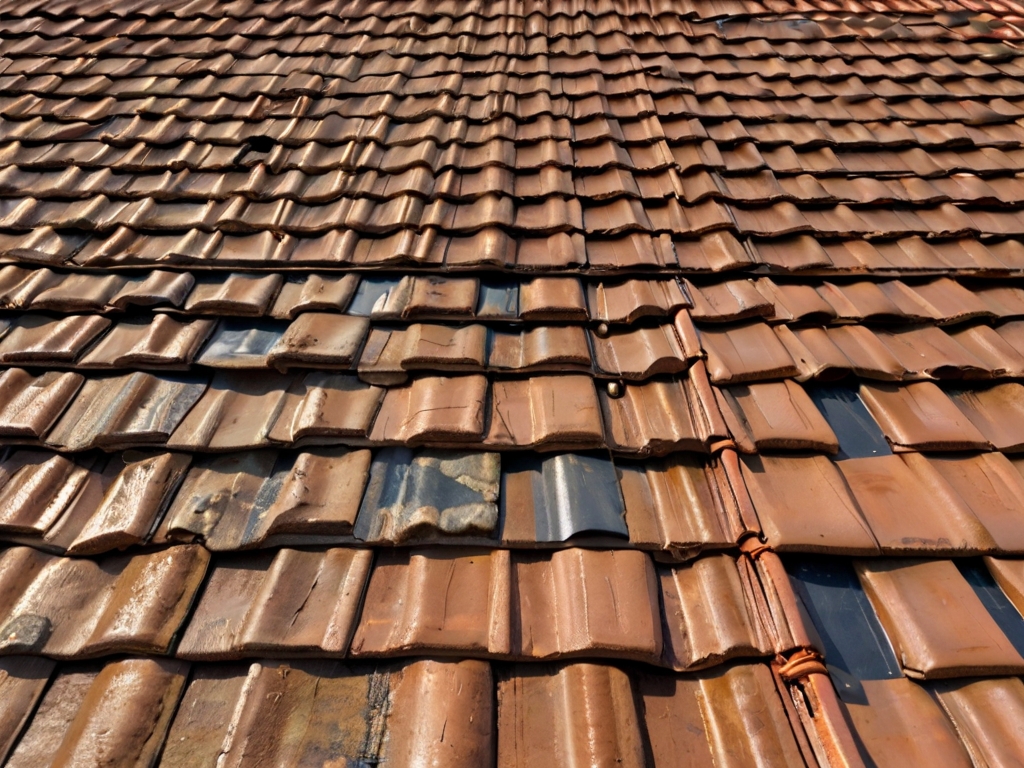
Does Illinois Require a Roofing License? A Crucial Guide for West Palm Beach Contractors Exploring Out-of-State Work
For licensed roofing contractors and construction professionals in West Palm Beach, Florida, the question “Does Illinois require a roofing license?” isn’t just trivia—it can be a strategic business concern. Whether you’re planning to expand operations, bid on insurance restoration projects, or simply stay informed about the broader regulatory landscape, understanding Illinois roofing license requirements could open doors—or close them.

In this comprehensive guide, we’ll unpack everything from Illinois licensing laws, types of roofing licenses, exam and insurance requirements, and how this all connects back to you in West Palm Beach. Let’s dig in.
🏗️ Short Answer: Yes, Illinois Requires a Roofing License
Yes, Illinois does require roofers to be licensed—and the state takes it very seriously. According to the Illinois Department of Financial and Professional Regulation (IDFPR), any individual or business engaging in roofing work for compensation must be licensed, unless the work is being done on their own property.
This licensing requirement applies whether you’re doing commercial or residential roofing in cities like Chicago, Springfield, or Peoria. It’s designed to ensure contractors meet minimum competency and safety standards while protecting consumers from fly-by-night operations.
This is a significant contrast to Florida, where licensing is also required, but classifications and enforcement may differ by county or municipality—especially in places like Palm Beach County.
🧾 Types of Roofing Licenses in Illinois
Illinois offers two main categories of roofing licenses, and which one you need depends on the scope of your work:
1. Residential Roofing License
This license is required if your work is strictly on residential properties with 8 units or less. Most local roofers start here.
2. Unlimited Roofing License
As the name suggests, this license allows you to work on both residential and commercial properties. If you’re a contractor in West Palm Beach seeking to expand into larger projects in Illinois, this is the license you’ll need.
💡 Tip: Roofing companies from Florida often consider the Unlimited license if they’re responding to storm damage restoration bids in the Midwest after severe weather events.
📝 Licensing Requirements in Illinois
To apply for a roofing license in Illinois, you’ll need to fulfill several conditions:
✅ 1. Pass the Illinois Roofing License Exam
Illinois uses a proctored exam system administered by Continental Testing Services (CTS). The exam covers:
- OSHA regulations
- Business law
- Roofing materials and installation codes
- Wind and weatherproofing standards
You’ll need a passing score to proceed. If you’re a contractor in West Palm Beach, this may sound similar to the Florida Business & Finance exam or trade knowledge testing done by the Florida Department of Business and Professional Regulation (DBPR).
✅ 2. Obtain General Liability and Workers’ Compensation Insurance
All roofing contractors must carry insurance:
- General liability coverage: Minimum $250,000
- Workers’ comp insurance: Mandatory if you employ any workers
Florida roofers familiar with Palm Beach County’s insurance requirements will recognize the importance of this. However, Illinois mandates proof before issuing a license, and noncompliance can lead to suspension or fines.
✅ 3. File a $10,000 Surety Bond
This bond is a protective measure ensuring your customers can be compensated in case of contractual issues or damages. Similar bonding exists in Florida construction law, but the enforcement is more uniform statewide in Illinois.
🔁 Renewal & Continuing Education
Unlike Florida, where continuing education hours are part of license renewal, Illinois does not currently require CEUs (Continuing Education Units) for roofers. However, the license must be renewed every two years, with fees ranging between $125–$500, depending on your classification.
🚧 Penalties for Unlicensed Roofing in Illinois
Operating without a roofing license in Illinois is considered a Class A misdemeanor and may include:
- Fines up to $10,000
- Cease and desist orders
- Civil litigation from consumers
- Ineligibility for future licensing
Compare that to Florida’s penalties, which can include both fines and jail time under F.S. 489.127. Bottom line? Both states take unlicensed roofing work seriously.
🌴 Why This Matters for West Palm Beach Contractors
If you’re based in West Palm Beach, FL, and wondering why Illinois licensing should matter to you, here are three key reasons:
1. Post-Storm Contracting Opportunities
Many Florida contractors expand into Midwestern states like Illinois after hail, tornado, or derecho events. Licensed contractors are often given preference in insurance restoration bids.
2. Out-of-State Expansion
Contractors with scalable crews or commercial aspirations often set up satellite offices in cities like Chicago, Rockford, or Champaign, and Illinois licensing is non-negotiable.
3. Cross-State Compliance & Brand Integrity
Working in multiple states requires a reputation for legitimacy. Licensing gives you that—and it builds trust with both homeowners and general contractors.
📍 Local Connection: West Palm Beach and the Bigger Picture
In West Palm Beach, local roofers are already accustomed to navigating strict codes—from Miami-Dade hurricane standards to the Florida Building Code’s roofing provisions. This makes adapting to Illinois regulations more manageable.
Additionally, large property management companies, insurers, and national roofing brands frequently seek subcontractors from high-compliance states like Florida to work on national projects. A roofing license in Illinois adds to your credentials, allowing you to bid for larger, more lucrative contracts.
🛠️ How to Apply for an Illinois Roofing License (Step-by-Step)
Step 1: Determine License Type
Decide between Residential or Unlimited Roofing License based on your business model.
Step 2: Register for the Exam
Visit www.continentaltesting.net to register. Exams are typically available in major Illinois cities and may offer remote testing for out-of-state applicants.
Step 3: Gather Documentation
- Business entity details (e.g., LLC, sole proprietor)
- Insurance certificates
- Surety bond paperwork
Step 4: Submit the Application to IDFPR
You’ll submit your completed application to the Illinois Department of Financial and Professional Regulation along with the required fees.
Step 5: Await Approval
Processing can take 4–6 weeks, so plan accordingly, especially if timing your entry into Illinois’ seasonal roofing cycle.
🧠 Final Insights
So, does Illinois require a roofing license? Yes—and if you’re in West Palm Beach, Florida, considering branching out, this should be on your radar.
From protecting yourself legally to positioning your business for national opportunities, getting licensed in Illinois can be a strategic business move. Whether you’re chasing post-storm restoration contracts, looking to expand your market, or just doing your due diligence, understanding Illinois’ licensing laws is crucial.
Don’t just aim to comply. Aim to compete.

